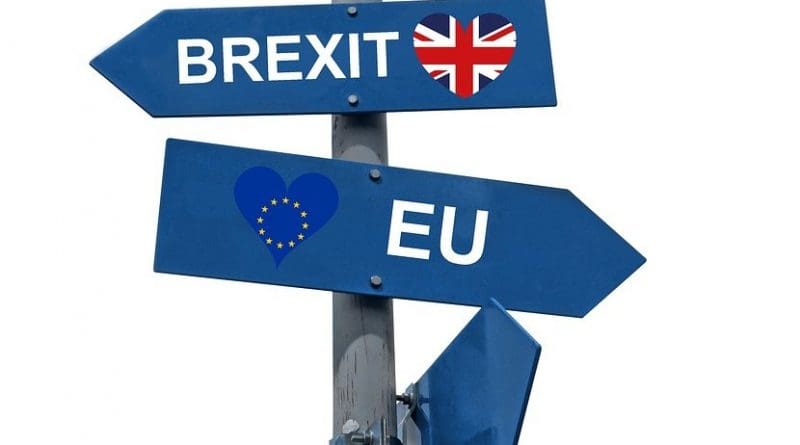EU Delays Decision On Brexit Extension Until Lawmakers Vote On Election
By EurActiv
By Beatriz Rios and Benjamin Fox
(EurActiv) — The ambassadors of the EU27 decided on Friday (25 October) to postpone the final decision on a potential extension of the Brexit negotiations until next week following UK Prime Minister Boris Johnson’s calls for an early election.
“We have had an excellent discussion but no decision,” said EU chief negotiation Michel Barnier when leaving the Council building after meeting the ambassadors. “We still have time,” a diplomatic source said.
According to EU sources “there was full agreement on the need for an extension,” but for how long has still not been decided. An EU diplomat, however, said that the only proposal under discussion still is a delay until 31 January.
Johnson’s letter urging opposition leader Jeremy Corby to hold an early election in December and to ‘try to get Brexit done’ by early November is making the decision harder for the member states, as the House of Commons will only vote on the proposal on Monday.
The EU does not want to get involved in UK domestic politics. “If the problem is in London, the solution cannot be found in Brussels,” EU diplomat said last week. But Johnson is using the extension to justify the call for a vote.
“If the EU offers the delay the Parliament has requested,” UK prime minister said in reference to the so-called Ben Act, “then it is clear that there must be an election.”
France has openly opposed a long extension without a specific reason, such as a new election or referendum, and has called for more clarity from the UK side on its intentions. Emmanuel Macron’s minister for EU affairs Amélie de Montchalin said on Tuesday (22 October) that the country would prefer a short technical extension of a few days.
No summit foreseen
Ambassadors will meet again early next week, “either Monday or Tuesday,” to continue the discussion, only a few days before 31 October, officially still the date when the UK is set to leave the EU.
The situation in the UK is “very volatile,” a diplomatic source explained and in order to make decision ambassadors need “all the elements.” Discussions will continue over the weekend with the aim of figuring out “what is more convenient for Europe so that the agreement can get over the line.”
In spite of the uncertainty, whatever the decision, it will be taken by written procedure. President Donald Tusk “has no intention to convene a special European Council,” EU sources confirmed.
In Westminster, there is confusion on whether Johnson’s election motion will get the support of the almost 140 opposition MPs he needs to reach the two thirds majority needed to call an election.
Labour leader Jeremy Corbyn continues to state that his party will back an election if the government formally rules out the prospect of a no deal Brexit.
The Scottish National Party, which is the third largest force in the House of Commons, on Friday called for an election on 5 December, and said that the election should serve as a proxy referendum on EU membership.
For their part, Nigel Farage’s Brexit party, which opposes the Withdrawal Agreement struck by Johnson last week, has repeated its call to join forces with the Conservative party to ‘form an unstoppable Leave alliance, and get a proper, better Brexit done.’
‘The government has finally admitted what The Brexit Party has said all along: The Tories alone are powerless to deliver Brexit on October 31st,’ added Brexit Party Chairman Richard Tice.

